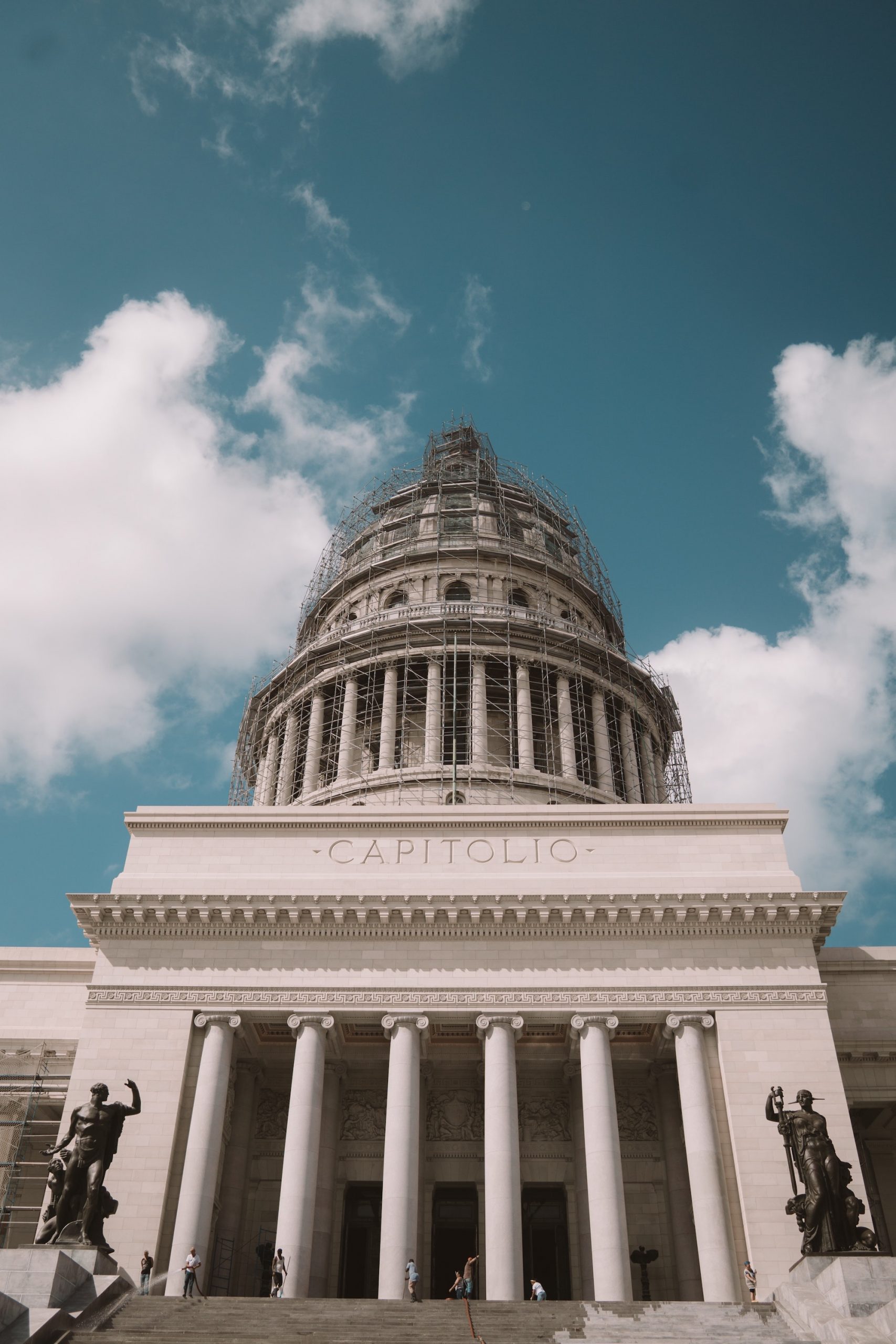Congress is making some progress on a COVID relief package. If it advances, it would be the first significant stimulus action from Congress since the Coronavirus Aid, Relief, and Economic Security Act or the CARES Act was signed into law in March of 2020.
A second relief bill was introduced and passed in the House in May of 2020; the bill, known as the Health and Economic Recovery Omnibus Emergency Solutions Act, or HEROES Act, was not taken up by the Senate with Senate Majority Leader Mitch McConnell (R-KY) suggested that the timing was not right. In July of 2020, the Senate unveiled a series of proposals referred to as the Health, Economic Assistance, Liability Protection, and Schools Act, or HEALS Act, which also did not move forward.
And then, mostly crickets.
Now, a bipartisan group has rolled out a package that has garnered some interest. It’s called the Bipartisan Emergency COVID Relief Act of 2020 and is a considerably slimmed down version of the CARES Act 2.0.
What’s In.
Here’s a look at some of what’s in the bill so far:
Unemployment Assistance. The bill would extend the pandemic unemployment insurance programs – those created under the CARES Act – by 16 weeks. Those are set to expire in December and would, under the new relief package, now expire in April of 2021. The bill would also extend the federal supplement unemployment insurance benefits – but at half the former rate (just $300 per week) – from the end of December to April.
Paycheck Protection Program & Small Business Assistance. The bill would expand the PPP program to allow some businesses to receive an additional loan (eligibility would be limited to small businesses with 300 or fewer employees that have sustained a 30% revenue loss in any quarter of 2020). Also included? Loan simplification for those borrowing $150,000 or less, and – you know you were waiting for it – business expenses paid for with the proceeds of PPP loans would be tax deductible.
Transportation Funding. The bill would extend the Payroll Support Program (PSP), which provides loans to the struggling airline industry, through March 31, 2021. The proposal would also provide additional funding for airports, motorcoach and bus companies (including school bus companies), public transit systems, and Amtrak.
Health Care, Including Vaccine Development & Distribution. The bill would send more more to hospitals and health care providers, and provide more money for testing. The proposal would also provide $6 million in grants and funding for vaccine development, infrastructure, and distribution.
Education Funding. The proposal would send $82 billion in additional funding to schools, including private schools.
Student Loan Extensions. The bill would extend federal student loan forbearance provisions through April 30, 2021 (those are current set to expire on January 31, 2021).
Rental Assistance. The package would extend the eviction moratorium until January 31, 2021 (it’s currently set to expire on December 31, 2020).
Food Assistance. The agreement would increase food stamp benefits (Supplemental Nutrition Assistance Program, or SNAP) by 15% for four months. It would also expand the Pandemic-EBT program to cover families with children in child care, and provide support for the Special Supplemental Nutrition Program for Women, Infants, and Children (WIC) to allow participants to purchase additional fruit and vegetables. Seniors are also included, with funding for senior nutrition services, including Meals on Wheels, and the Commodity Supplemental Food Program to provide food boxes to more senior citizens.
Post Office. The proposal makes clear that the $10 billion of aid initially earmarked for the USPS in the CARES Act would not require repayment.
Excess Funds. The bill would end the controversy over excess funds from the CARES Act, re-allocating unused Treasury direct loans and excess funds from Federal Reserve facilities, and reinvesting unspent balances of funds remaining from the PPP back into the PPP.
Liability Protections. Providing liability protections for corporations as a result of the pandemic has been a serious stumbling block between the Senate and the House. The framework suggests that there is “[a]greement in principle as the basis for good faith negotiations.”
What’s Out
And here’s what’s not in the bill:
Stimulus Checks. Despite calls for another round of stimulus checks, there is no plan to issue a second stimulus check. On Tuesday, Treasury Secretary Steven Mnuchin proposed including stimulus checks worth $600 in the relief package, but in return, further reducing unemployment benefits.
CARES Act corrections/clarifications on stimulus checks. Earlier this year, the House hoped to see some language which would replace the term “dependent” with “qualifying dependent” for purposes of the first stimulus check. Other corrections included coding payments to prevent offsets and making clear that representative payees could receive checks. There’s no indication that those corrections/clarifications will be included in this most recent relief package.
Cost
The total price tag of the bill is estimated to be $908 billion.




